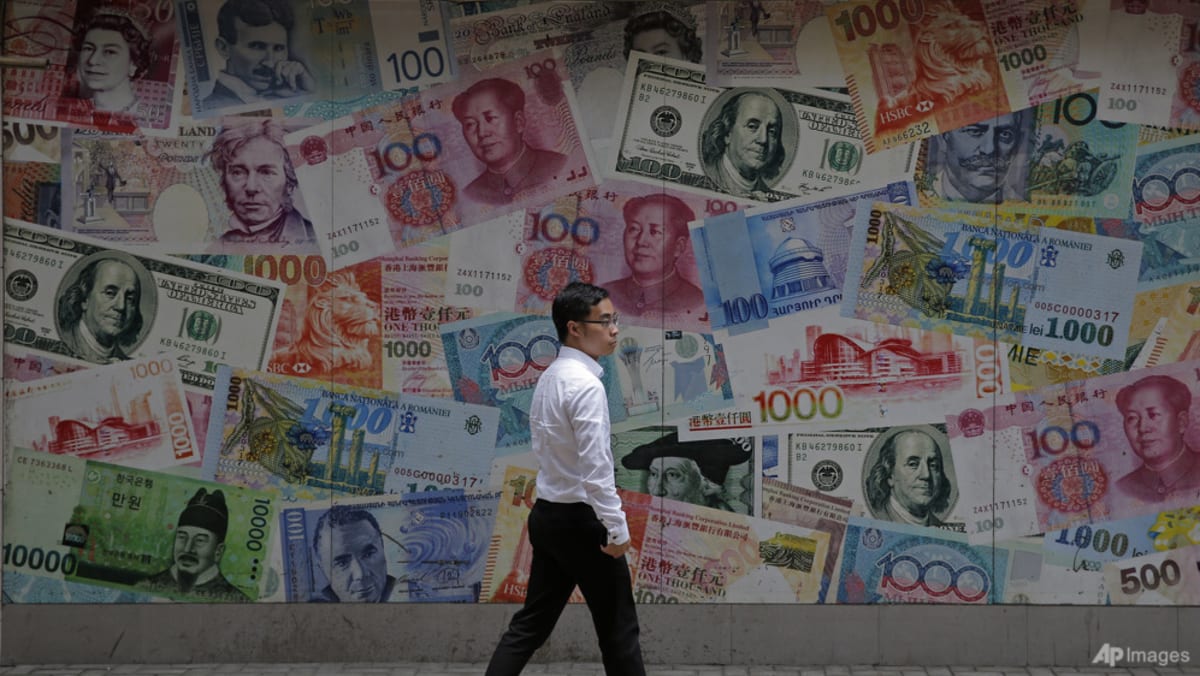Asian markets suffer further losses as central banks turn screws
The dollar, which has surged to multi-decade highs against its major peers as well as emerging currencies, held its strength.
Traders are keeping a close eye on developments following the Japanese finance ministry’s intervention to support the yen, after it hit a new 24-year low of 146 against the dollar.
The first such intervention since 1998, it helped strengthen the yen to just above 140.
However, analysts warned the move was unlikely to have much long-term impact and the yen remained vulnerable owing to the Bank of Japan’s refusal to tighten policy – citing a need to boost the economy – as the Fed ramps up rates.
“Given the now even starker contrast between the (central bank’s) policy stance and central banks everywhere else in the world … (the) MoF will need to be in this intervention game for the long haul and in size if it is to have much hope of arresting yen weakness in an ongoing strong dollar environment,” said National Australia Bank’s Ray Attrill.
Oil markets remain subdued by concerns about a hit to demand caused by the expected recession.
Both main contracts fluctuated as speculation swirled that OPEC and other major producers could cut output as they fear prices are falling too fast.
The commodity has fallen about a third from highs seen soon after Russia’s February invasion of Ukraine, and is even below levels seen before the conflict.
“This is going to be a very, very volatile last quarter,” said Amrita Sen, of Energy Aspects, on Bloomberg Television. She added that there were “just too many different and contradictory factors driving prices right now”.
For all the latest business News Click Here

